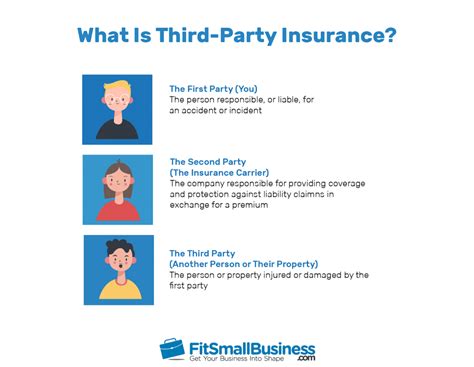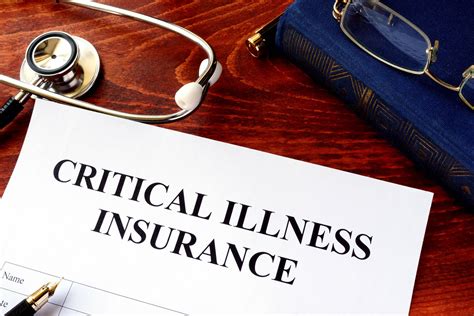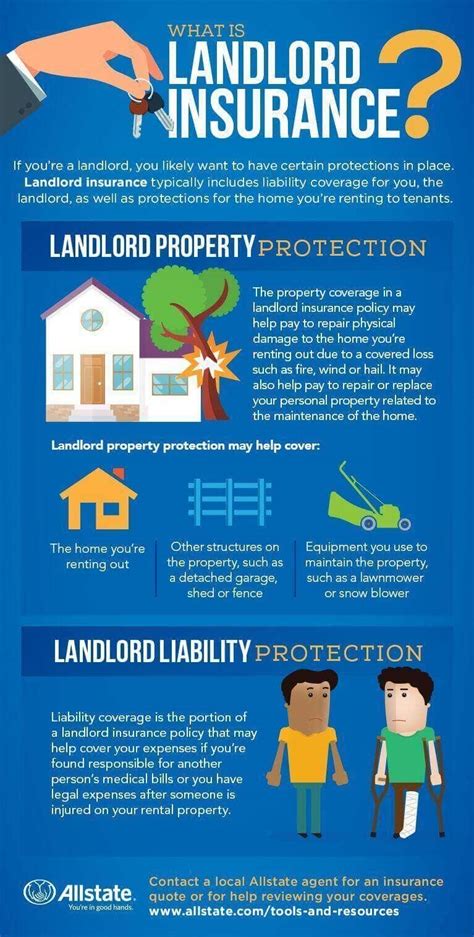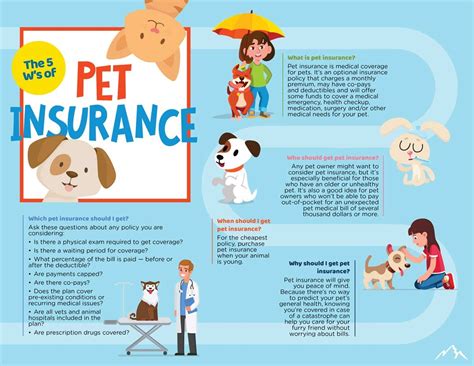Learn the definition, importance, limitations, laws, and examples of third-party insurance coverage in this comprehensive blog post. Get all the information you need!
Definition of Third-Party Insurance
Contents
Third-party insurance is a type of insurance policy that provides coverage for damages caused by the policyholder to a third party. This means that if the policyholder is responsible for an accident or incident that results in injury or damage to someone else’s property, the third-party insurance will cover the costs of the damages.
It is important to note that third-party insurance does not provide coverage for the policyholder’s own injuries or property damage. Instead, it solely focuses on protecting the policyholder from legal and financial liabilities that may arise from causing harm to others.
In many countries, third-party insurance is a legal requirement for vehicle owners to ensure that they are able to compensate others for any harm they may cause while driving. This type of insurance is also commonly used in the realm of business, where companies purchase third-party liability coverage to protect themselves from potential lawsuits filed by customers or clients.
Overall, third-party insurance is an essential component of risk management, as it helps individuals and businesses mitigate the financial impact of unintentionally causing harm to others.
Importance of Third-Party Coverage
Third-party insurance coverage is an essential component of any insurance policy. It provides protection against claims made by a third party in the event of an accident or injury caused by the insured individual. This type of coverage is important because it helps to mitigate the financial burden of legal fees and compensation that may arise from such claims.
Having third-party coverage also ensures that the policyholder is protected from potential financial ruin in the event of a lawsuit. Without this coverage, the policyholder may be held personally liable for any damages awarded to the third party, which can result in severe financial hardship.
Furthermore, third-party coverage is often required by law, especially in the case of auto insurance. This means that without this type of coverage, the policyholder may be in violation of legal requirements, which can result in hefty fines and penalties.
Overall, the importance of third-party coverage cannot be overstated. It provides peace of mind and financial protection in the event of an unforeseen accident or injury, and helps to ensure compliance with legal regulations.
Coverage Limitations of Third-Party Insurance
Third-party insurance, also known as liability insurance, provides coverage for damages and injuries caused to a third party by the policyholder. While this type of insurance offers valuable protection, there are certain limitations to be aware of.
One of the key limitations of third-party insurance is that it does not cover damages or injuries sustained by the policyholder or their own property. This means that if the policyholder is at fault in an accident, their own expenses will not be covered by their third-party insurance policy.
Additionally, third-party insurance may have coverage limits, meaning that the policy will only pay out up to a certain amount for damages and injuries caused by the policyholder. Any costs beyond this limit will need to be covered by the policyholder themselves.
It’s important for individuals and businesses to carefully review the coverage limitations of their third-party insurance policy to ensure that they have adequate protection in place. Understanding these limitations can help policyholders make informed decisions about their insurance coverage and take steps to mitigate any potential gaps in protection.
Laws and Regulations Governing Third-Party Coverage
Third-party insurance is a type of insurance coverage that protects you against claims from a third party in the event of an accident or injury. It is mandatory in most countries and is governed by specific laws and regulations to ensure the protection of all parties involved.
When it comes to third-party insurance, there are certain legal requirements that must be met in order to comply with the law. These requirements may include minimum coverage limits, specific types of coverage, and mandatory reporting and documentation procedures.
In addition to legal requirements, there are also regulations that govern how third-party coverage is administered and managed. These regulations may pertain to the handling of claims, the process for resolving disputes, and the obligations of insurance providers and policyholders.
Understanding the laws and regulations governing third-party insurance is crucial for both insurance companies and policyholders. Failure to comply with these laws and regulations can result in severe penalties, including fines and legal repercussions.
Overall, it is important to stay informed about the legal aspects of third-party coverage in order to ensure that you are adequately protected and in compliance with the law.
Examples of Third-Party Insurance Claims
Third-party insurance is a type of insurance coverage that provides protection against claims from other parties. It is often associated with automobile insurance, where it covers the legal liability of the insured to the third party. Here are some examples of third-party insurance claims:
1. Car Accidents: One of the most common examples of third-party insurance claims is car accidents. If you cause an accident that results in injury or property damage to another party, your third-party insurance coverage will help cover the costs of the claim.
2. Property Damage: If you accidentally damage someone else’s property, such as hitting a fence with your car, your third-party insurance will cover the costs of repairing or replacing the damaged property.
3. Personal Injury: If you are found legally responsible for causing injury to another person, whether it’s in a car accident or any other situation, your third-party insurance will help cover the medical expenses and legal costs associated with the injury claim.
4. Product Liability: If you are a business owner and a product you sell causes harm to a customer, that customer may file a third-party insurance claim to seek compensation for their injury.
5. Professional Liability: Professionals such as doctors, lawyers, and accountants can also face third-party insurance claims if their negligent actions result in harm to a client.












